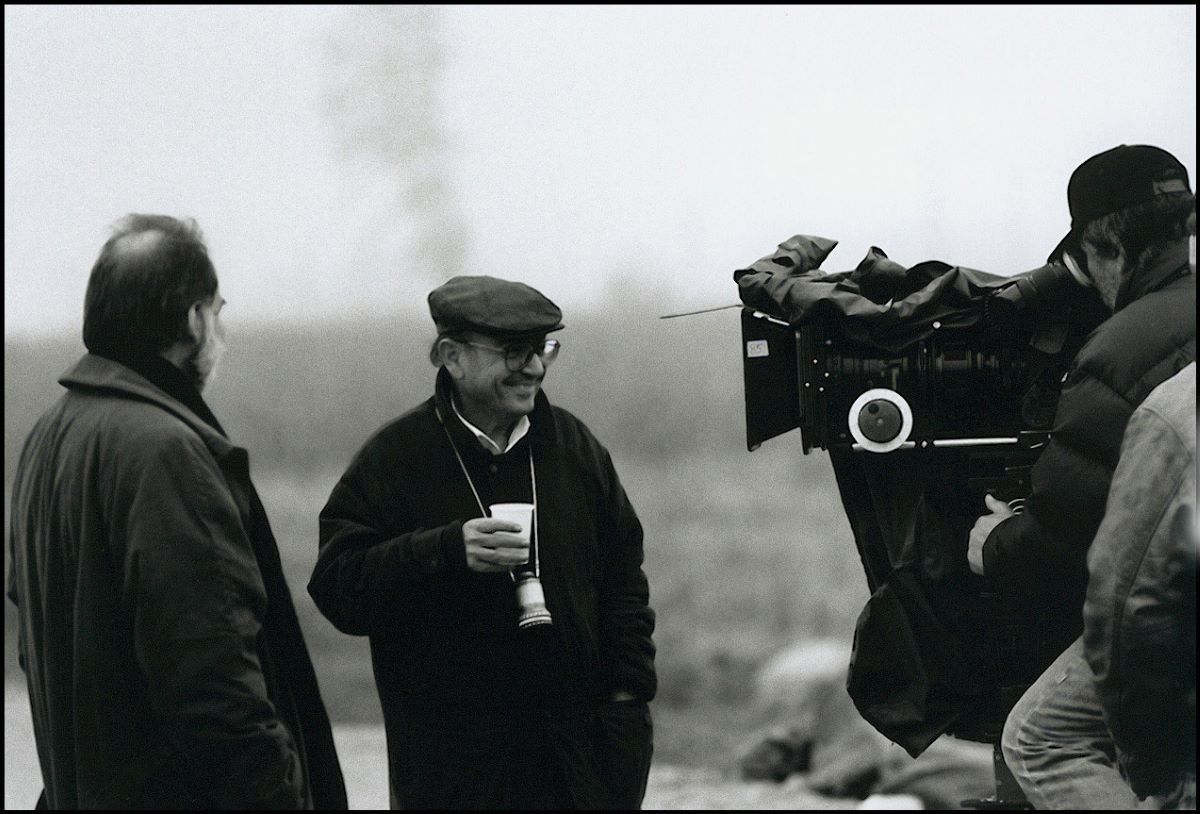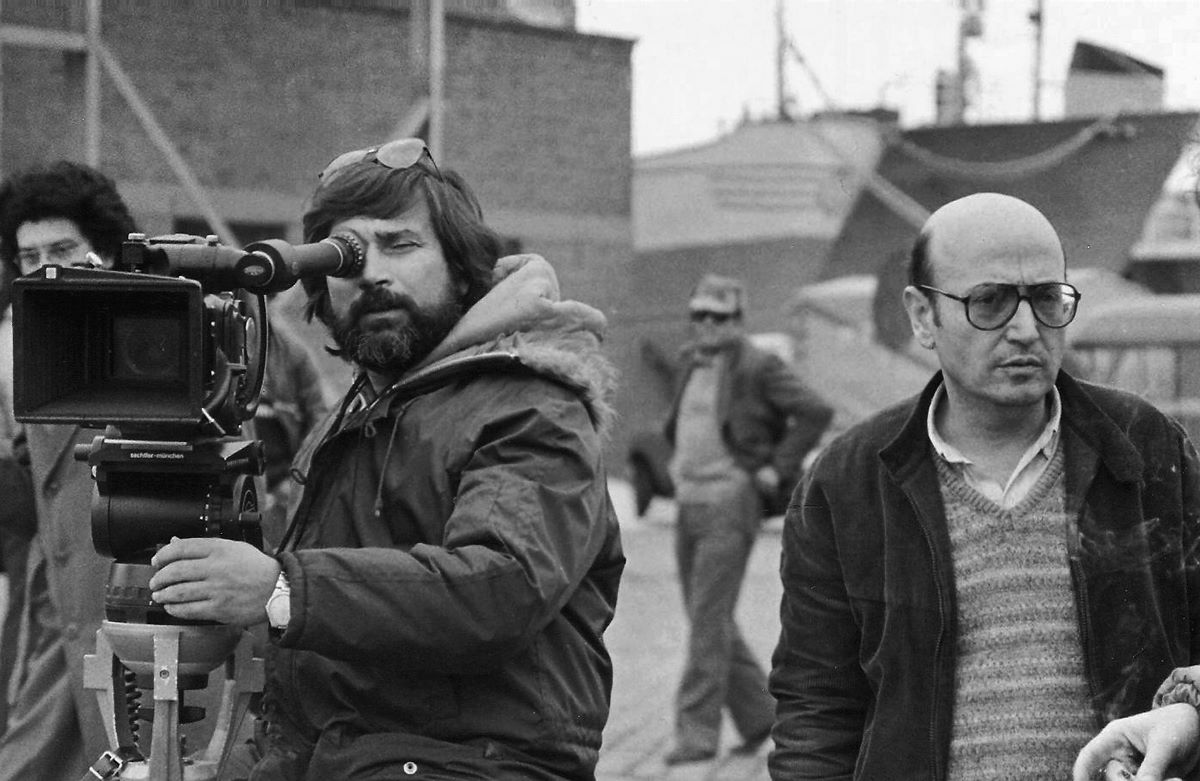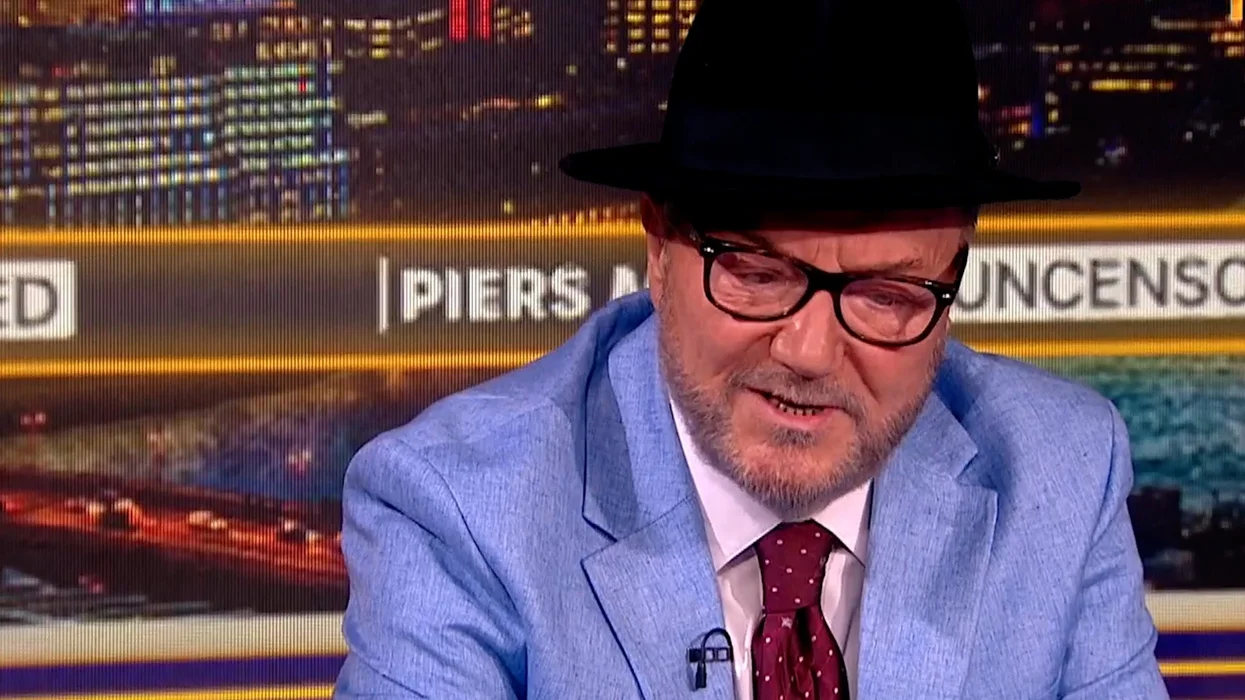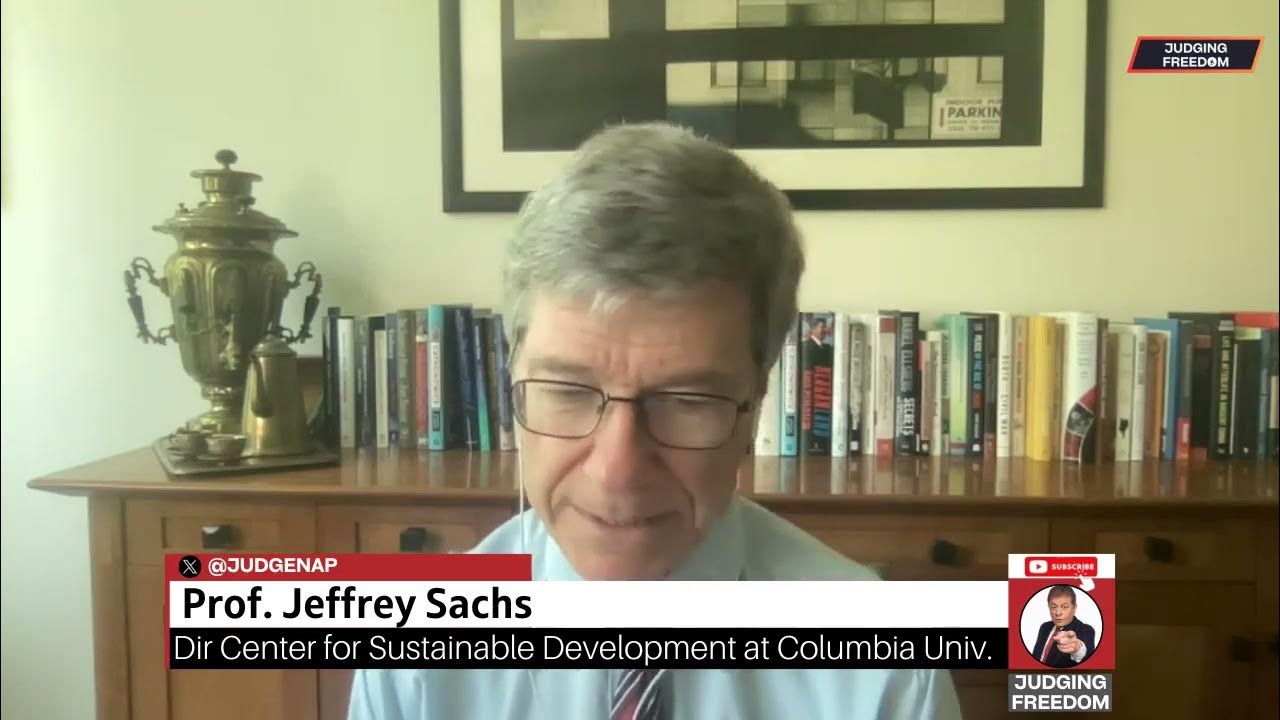Marlon Brando enjoys being mysterious
The grandfather of all cool actors becomes the Godfather
by Shana Alexander
“Acting is only slipping and sliding.” Marlon Brando said. The noble, astonishing head slid suddenly east to west like a Hindu temple dancer. “Just slipping and sliding,” the oddly light, gentle voice repeated, and now the head glided back across wide, still shoulders. “Everyone is really acting all the time.”
He said this in Rome, seven years ago, and I have been debating the matter with him off and on ever since. I am beginning to feel like Penelope waiting for Ulysses to come home: this interview is my tapestry. I weave, fate unweaves; or lawyers do, or Brando himself, who despises and forbids all interviews, though not sometimes until after he has granted them. Our original meeting was arranged, with difficulty, by mutual friends. Now we are friends, and our debate has acquired momentum and rhythm of its own.
“Are you an ectomorph?” Brando may suddenly ask. “What kind of underwear do you wear? Who would you have been in the 18th century? Did you know you have a twitch under your left eye?” I don’t mind this grilling. It is part of the pattern in the tapestry. We have become yoked together, two oarsmen rowing in opposite directions in the same boat. Actor and writer, extrovert and introvert. Aries and Libra, yang and yin and you-name-it could any two creatures he more unlike than Marlon and me? We do not understand each other at all.
I cannot conceive what it is like to be an actor. To me it is agony to stand up in front of an audience. A spotlight feels like a stake through the heart. But Brando says everybody acts all the time. “You can’t live and not act. If you expressed everything you thought, nobody could live with you. Say your daughter comes in wearing the ugliest dress you’ve ever seen—spangles here, and a big brown butterfly in the armpit. She made it in school, and she says. ‘Mom, isn’t it gorgeous?Well, you can’t say, ‘Jesus, sweetheart, it really is horrible.’ You can’t do it! You’ve got to pretend.” “But Marlon.” I say, “most people have trouble not in disguising their feelings but in expressing them.”
He gives me the patient guru look. “The biggest gap is not expressing what you feel but knowing what you feel. Most people don’t know .” Most people know what they feel about Marlon Brando. They think he is the greatest natural-born actor alive, and they have been saying so for a quarter of a century. I think so too, but don’t say it; not to him. Brando hates to hear the words. He has learned that people rarely make a declaration of love without expecting a response. They wait to hear what he intends to do about it.
When they discover he doesn’t intend doing anything, they become angry, hurt or betrayed. Success in this country has its own rules, and Brando seems to flout them all.
Our rules state that if you can, you must. Painters must paint, athletes must play, politicians must run, actors must act. There can be no equivocation. Gifts must be developed. Capacity may not be kissed off. Genius must be cultivated. Art must be served. In the aristocracy of ability, as of blood, noblesse oblige. Otherwise, life implies darkly, if talent is ignored, if the gardens are not cultivated and the paper is left blank, then everything may fall apart. Brando’s heresy is that he refused to worship at the altar of himself.
Twenty-five years ago be impacted into the world of acting like a meteor, blazing. “Blazing” may not be quite the word for Stanley Kowalski, picking his nose and scratching his behind in A Streetcar Named Desire. But certainly it was a potent new style, not just in acting but in high-voltage sex. and suddenly the Errol Flynn and Clark Gable types became less interesting, and the exciting new actors were Montgomery Clift, and Paul Newman. and all the other new mutations of the cool Brando style. Today we have another generation of these low-key naturalistic actors: Dustin Hoffman, Jack Nicholson, Al Pacino. So at 47, Brando finds himself not only Godfather but in a sense grandfather to a third generation of actors. Yet he is more: there is a mystery at the center of this man, an enigma that lifts him out of the chocolate box which contains every other movie star.
Do not imagine Brando is himself unbemused by the mystery, or without a moral position on the matter. He has a moral position on everything, from Bangladesh (for) to panty girdles (against). Indeed, the attaching of moral valences to every single idea, value, thing on the face of the earth may be the most predictable aspect of his fizzing, foaming mind. Caught in this constant tension, this alternating current between serving his talent and trying to ignore it, to respect it and to exist independent of it. Brando vibrates his life away.
This vibration makes Brando far more interesting offscreen than most actors. He is also charming, fun, various, tantalizing, exasperating, tender, rude, intelligent, intuitive, kind, puppyish, catlike, leonine, slothful and, I suppose, anything else he feels like being. He is the actor. A couple of weeks ago I went to see him in Paris, to talk to him about The Godfather, and finish off our interview. Or did he send for me? With Brando, I have learned, nothing is fully clear. He is as comfortable in ambiguity as a sailor in a hammock.
In the soft winter twilight of the hotel suite, the figure lolling in the inevitable Japanese robe looked more handsome than ever the head dazzling, small, perfect; a broken, noble nose; eyes that suggest bruises or smudges in a Mayan mask, until they crinkle in laughter. His length hair is whitening and tied kick with child’s ponytail elastic, leaving a becoming nimbus of wisps around the face, a sort of burning, Japanese chic. Brando glows.
I congratulate him on persuading a certain tycoon to invest in one of Marlon’s many save-the-world projects, this one to extract protein from seawater. “Wasn’t hard,” he says. “All I had to do was rub his hump with yak butter, and suck on his earlobe a little.” He grins. The dart has been perfectly placed.
On the floor by his bare feet is a copy of the Whole Earth Catalog. In it, he tells me he has at last found a statement of purpose that matches his own. This and The Godfather are to be the only official topics of conservation. To Brando, any discussion, the merest mention in public, of his private life is impermissible. This is why he forbids interviews. “Navel-picking” is his stock term for interviews with famous people. Interviews about one’s personal life are characterized as “Navel-picking. AND SMOKING IT!”
“For reasons that are not completely known to me consciously, I cannot reconcile myself to sitting and blabbering to you for public benefit, and money.’’ This strikes me as a strange remark for an actor to make, and I say so. It is why later I realize to what degree Marlon is my opposite number: to him, interviews are fake; acting is real. “This reminds me of those discussions you see on television where people sit in front of the camera and give the impression they’re having an intimate conversation.” he persists. “But it’s all designed for an effect that has hardly anything to do with the two people. It has to do with 14 million people watching, and ratings, and money, and other considerations that are very carefully hidden and disguised and painted over.”
Very politely, but nonetheless aghast, he is inquiring: How can you do what you do?
I try again to explain, “If I were writing about pollution, or politics, you’d say okay. What distresses you, Marlon, is that I’m writing about another person. And it’s you.”
“Look.” he says, hoping once more to make me understand. “If I were a dentist, I wouldn’t be here. If I were a lumberjack, I wouldn’t be here. If I were a scuba diver who went down with a welding torch to fix bridges, I wouldn’t be here. But because of this nutty thing they call the American success story, I’m willing to be a product! I have my peaked cap on, and my pushcart, and I’m out hawking my tomatoes . . . aauugghh . . . it’s navel-picking, and it’s odious.”
For the record, then: Marlon Brando has had a mother, a father, several siblings and several children by several wises. He owns an archipelago of uninhabited islands near Tahiti where he spends as much time as he possibly can, camping out with the children in a Swiss Family Robinson idyll, a boyhood dream made real. I remember a producer remarking once that “the only trouble with Marlon is that his frontal lobe isn’t quite up to his lower brain.” The producer was wrong. What is unusual about Brando’s brain is that frontal lobe and lower brain are not linked by the poor, shriveled, meandering goat path with which most of us must make do when we wish to visit our subconscious or commune with long-buried emotions. Brando’s goat path is an eight-lane highway. Brando’s boyhood was middle-western, middle-class and outwardly unremarkable. But since this boyhood is the deep well out of which Stanley Kowalski and Fletcher Christian and Zapata and Napoleon and Mark Antony and Major Penderton and now Vito Corleone, the Godfather, have all been drawn, perhaps he is wise not to let anyone look into waters so rich, dark and deep.
Brando seems able to dip into this well at will and reel in whatever characterization he seeks. He has been gifted with an instant retrieval mechanism, an extraordinary ability to fantasize, and a kind of perfect pitch. But it gets harder every time. “It s like sustaining a 25-year love affair,” he says. “There are no new tricks. You just have to keep finding new ways to do it, to keep it fresh.” And there are other problems.
“You have to upset yourself. Unless you do, you cannot act. And there comes a time in one’s life when you don’t want to do it anymore. You know a scene is coming where you’ll have to cry and scream and all those things, and it’s always bothering you, always eating away at you . . . and you can’t just walk through it . . . it would be really disrespectful not to try to do your best.
“Human behavior has always fascinated me,” he admits. “Actors have to observe, and I enjoy that part of it. They have to know how much spit you’ve got in your mouth, and where the weight of your elbows is. I could sit all day in the Optimo Cigar Store telephone booth on 42nd Street and just watch the people pass by.
“But I’ve always tried to run acting down, tried to be very tough about it, and I don’t know why. . . . It’s a perfectly reasonable way to make your living. You’re not stealing money, and you’re entertaining people. Everybody has had the experience of feeling miserable, of feeling: Christ, the world is coming to an end. And you go watch John Wayne ride across the prairie, and see the grass blowing and the clouds, and he grabs the girl and they ride off into the sunset. You went in there feeling awful, and you come out feeling good. He made you feel good. That’s not bad, that’s not a bad thing to do in life at all . . .”
What the actor does, I suggest, is to give blood to the fantasies of the audience. “That’s right!” he exclaims, captivated by the phrase. “That’s the great hustler’s policy, one that I follow. If you want something from an audience, you give blood to their fantasies. It’s the ultimate hustle.”
Brando doesn’t go to see his own movies. He feels he can learn nothing from watching himself, and might even do himself injury. “You don’t learn to be effective from film, but from life. Actors who watch themselves tend to become mannered. The less you think about how effective you are, the more effective you are. If you try, what finally shows is the effort. Of course, this isn’t true with Kabuki theater, or Laurence Olivier, who . . . choreographs, and who orchestrates. But that is a different form.”
He says he refuses even to watch daily rushes. It’s 45 minutes he would rather spend doing something else. I say flatly that I don’t believe him, don’t believe he never examines his work and considers how he could make it better. After all, I think nothing of rewrting a page five times.
“Look.” he says, speaking in the elliptical, Zen-master style he favors when forced to talk about something he doesn’t want to, like making a movie, and maybe questioning his own performance. “Look. If I’m riding a horse, and it’s supposed to get me to Duluth in 68 days from Sonora, Mexico, and the horse goes lame—I’m not gonna kick the horse in the arse. Or hate the horse. It’s paid for a lot of groceries.” While waiting for another horse, Marlon “would prepare myself and lay about. But when it comes time to get up and get hit with the pig bladders again—Christ! I honestly don’t care.”
“What are the pig bladders?”
“Well, the pig bladders are . . . failure.”
There will be no pig bladders for The Godfather. The picture is as full of life as a Brueghel painting, and as full of death as a slaughterhouse. Any actor can die, actorlike, of gunshot or garrote or knife; and in The Godfather, dozens do. Amid this wall-to-wall blood, one is stunned by the great power of the actor who can move us by falling dead of natural causes in a vegetable garden, as Brando does.
At the beginning of his final scene, the Godfather is a frail old man, romping with his little grandson. But as the fatal seizure grips him, some of the old mafioso‘s bull-like size and weight magically return, and a shaggy old Minotaur crashes to earth among the tomato plants. Brando has been his own, and only, special-effects man. In dying the way we all expect to die—unexpectedly —he teaches the difference between death as titillation and death as terror.
Brando has seen The Godfather, though only because he had to redub it to banish the Brando mumble. I ask him what he thought. “I’m glad Bob Evans gave me the part,” he says, “because I felt the picture made a useful commentary on corporate thinking in this country. I mean, if Cosa Nostra had been black or socialist, Corleone would have been dead or in jail. But because the Mafia patterned itself so closely on the corporation, and dealt in a hard-nosed way with money, and with politics, it prospered. The Mafia is so . . . AMERICAN! To me, a key phrase in the story is that whenever they wanted to kill somebody it was always a matter of policy. Before pulling the trigger, they told him. ‘Just business. Nothing personal.’ When I read that, McNamara, Johnson and Rusk flashed before my eyes.”
Brando would like to retreat to his island for good. “Being in Tahiti gives me a sense of the one-to-one ratio of things.” he says. “You have the coconut in the tree, live fish in the water, and if you want something to eat, you somehow have to get it.” This, he explains, is where the Whole Earth Catalog comes in, and he reads aloud: “We are as gods, and might as well get good at it. . . . A realm of intimate personal power is developing power of the individual to conduct his own education, find his own inspiration, shape his own environment.” Following this credo, Marlon wants to establish a research station on his island to find ways to tap solar energy, wind energy and the nutrients in seawater. And he is in a hurry, because “the three factors that concern us all are pollution, overpopulation and aggression, and they’re interlocked. If we don’t solve all three problems, we can’t really look to the future. Some people say it’s already loo late, and we’re just knitting and tatting and playing Monopoly to kill time before we and the planet die. But even though you’re going down in a plane, and the wing is off, you pull your seat belt tight, and say: ‘Maybe I’ll just make it.’”
Thinking back now over the seven years. I remember all the voices. Actors, moguls, women, yearning directors and writers, plain gossips, fans, strangers on boats and planes and audiences around the world who have fell his mystery—all these people talking, talking about Brando. He lolls at the still center of this turning babble, unanswering telephones, enraging all the talkers who can’t get through to him. But what is he doing there? He is doing whatever it is that he at that moment wants to do: sleeping, lifting weights, making lists, dreaming about his island, stirring his fire, fiddling with his telescope, speculating about Buddhist philosophy, tropical sex practices, bioaquanautics, Indians, Eskimos, the ten deadliest animals in the world, famine relief, the social life of apes, poisons of the Amazon, Japanese erotica, Black Panthers. . . .
To whoever happens to cut through to this unreachable place, Marlon will give time, money, car and heart without stint, and he will talk freely about all these matters, or anything else, providing it is not for publication. In fact, the one and only thing he finds difficult to talk about, even in private conversation, is acting. That is why this marathon interview has gone on for seven years. I have come to realize at last that perhaps an actor like Brando who unspools everything out of himself dares not discuss acting much. To do so might risk giving oneself away, mouthful by mouthful, until no one is left, no persona inside his skin. But he has been understandably reluctant all along, or too courteous perhaps, to say flat out that it appears to him that I have been suggesting that he unweave his tapestry so that, from its raveled threads, I may weave mine.
Life, March 10, 1972; pp. 40-44




